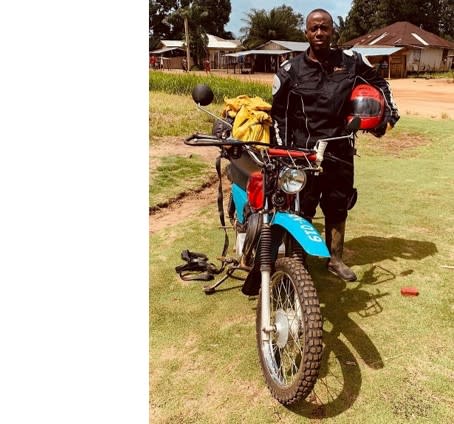Training health workers to reach remote communities | Takeda Stories
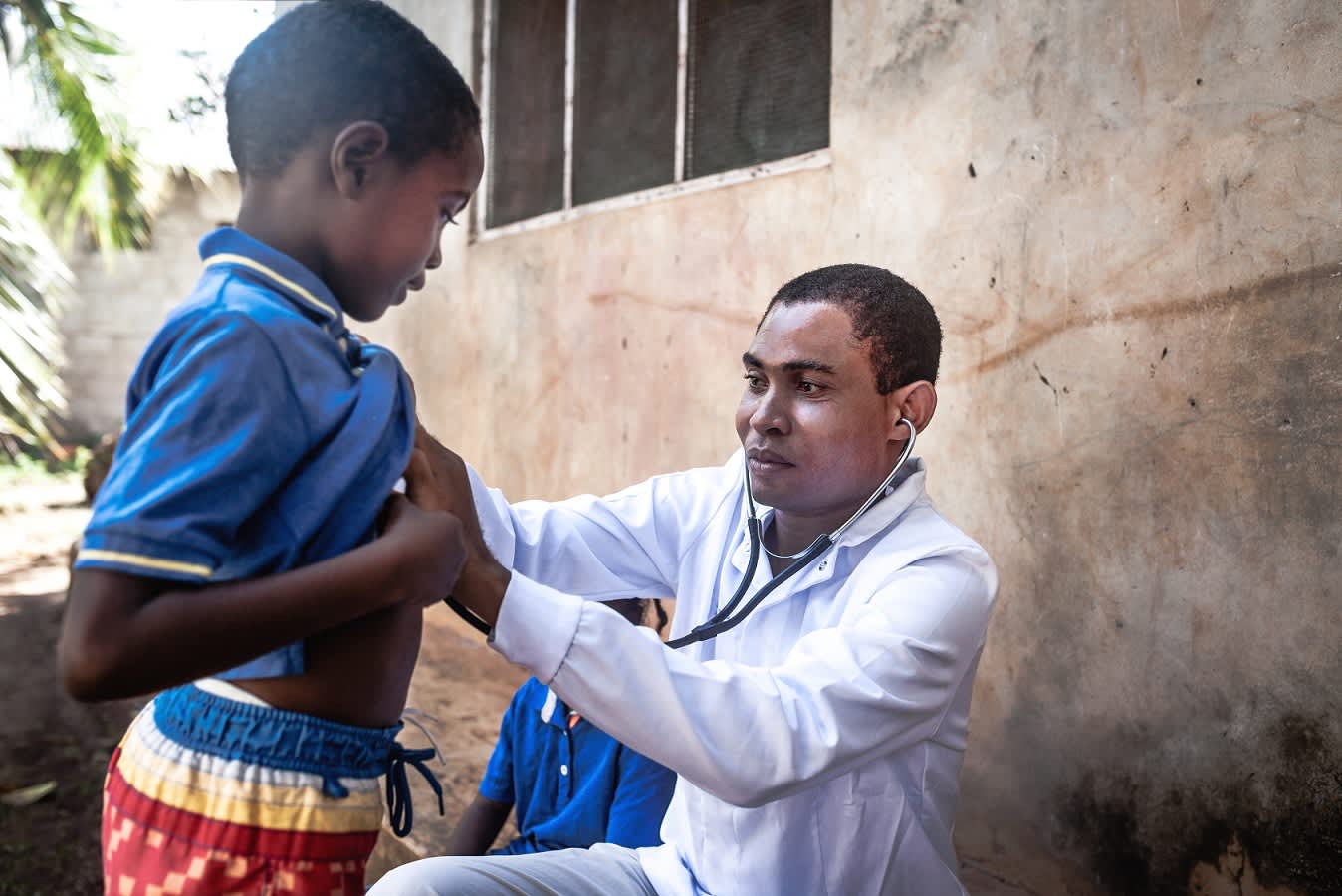
Training health workers to reach remote communities
Our Global CSR (Corporate Social Responsibility) Program supports developing and emerging countries through long-term funding commitments to prevent disease, train health workers, strengthen supply chains and improve access to quality diagnosis and treatment. Each year, our employees across the globe vote for new partners for the Program.
We selected Last Mile Health's From Response to Recovery: Community Health Worker’s Paving the Way for the World to Save 30 Million Lives by 2030 program as one of our FY2018 Global CSR Program partnerships. The program’s aim was to build resilient health systems through investment in community and frontline health workers. The three-year project came to a close in September 2021. Below we share a snapshot of the impact it has made.
About the Project
Partner: Last Mile Health
Project countries: Liberia, with jointly funded activities in Ethiopia, Malawi, Sierra Leone and Uganda
Project period: October 2018 - September 2021
Activities:
Strengthening of the National Community Health Assistant Program in Liberia
Rollout of digital training platform for health workers
Development of online educational programs for health system leaders
Advocacy for integrated community health worker systems
“When you get to the bushes, in the villages just kilometers away, you see the need. You see that people really need health care. You see children sick. So many things. When I train my community health workers, I go, I mentor them, I talk to them to make sure that children will be able to live.”
Laurina Kilby, Clinical Supervisor, Liberia
“Before, there were a lot of cases that were killing children under five. But now – due to the program – these cases have reduced. The workload from the clinic has also reduced because most of the cases in the community have been addressed by the community health workers. I’m proud of seeing myself supervising people, helping them to bring health to people. When they make mistakes, I correct them and make sure that they bring quality services to people.”
William Tamba, Clinical Supervisor, Liberia
Impact in numbers
Since the launch of our partnership in 2018, we’ve helped to further strengthen and scale the National Community Health Assistant Program in Liberia with other key donors, contributing to:
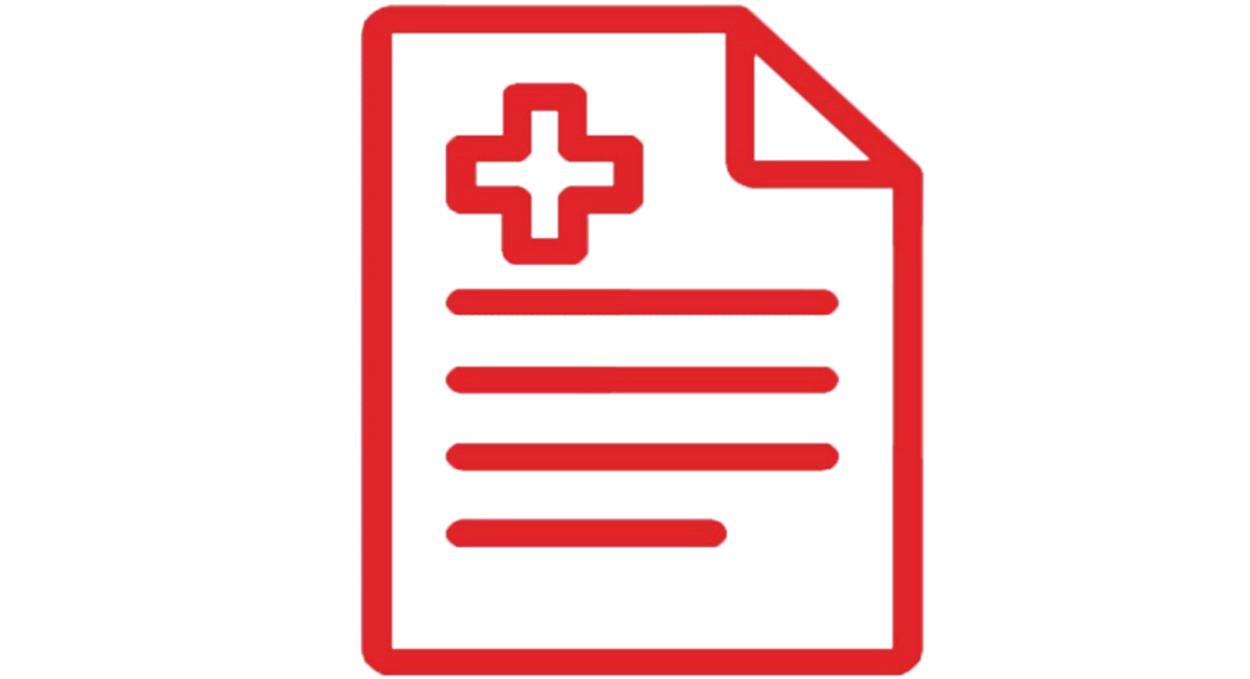
3,934
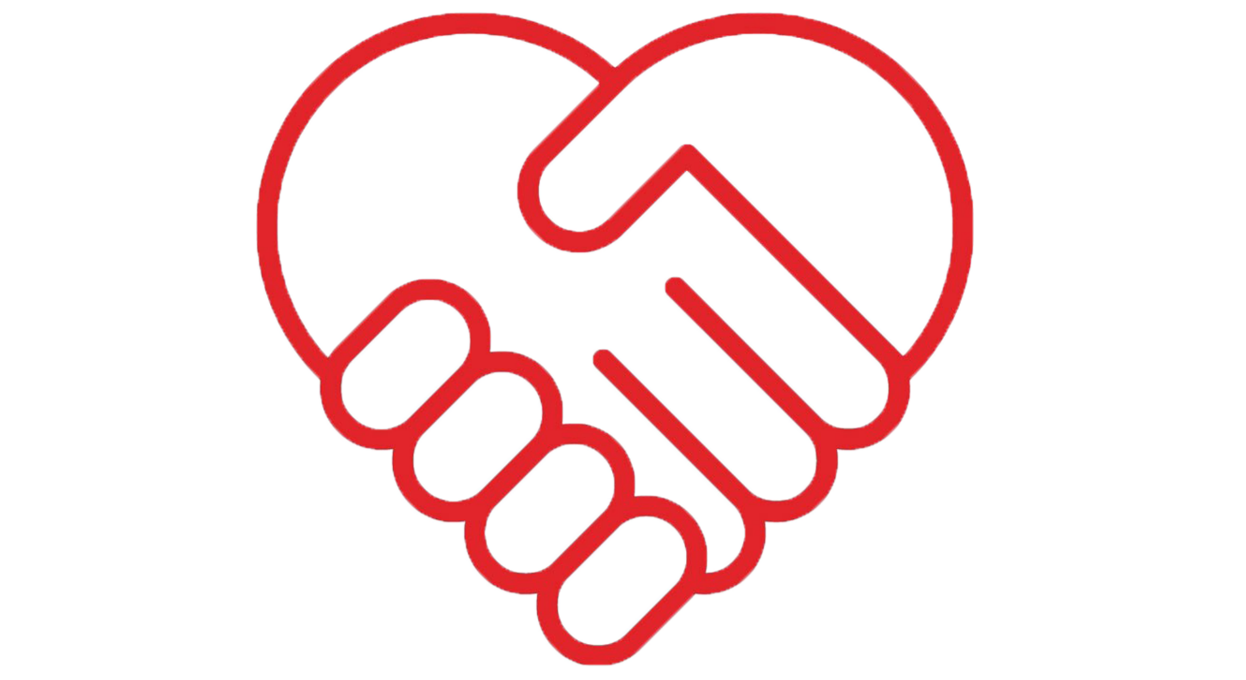
777,246
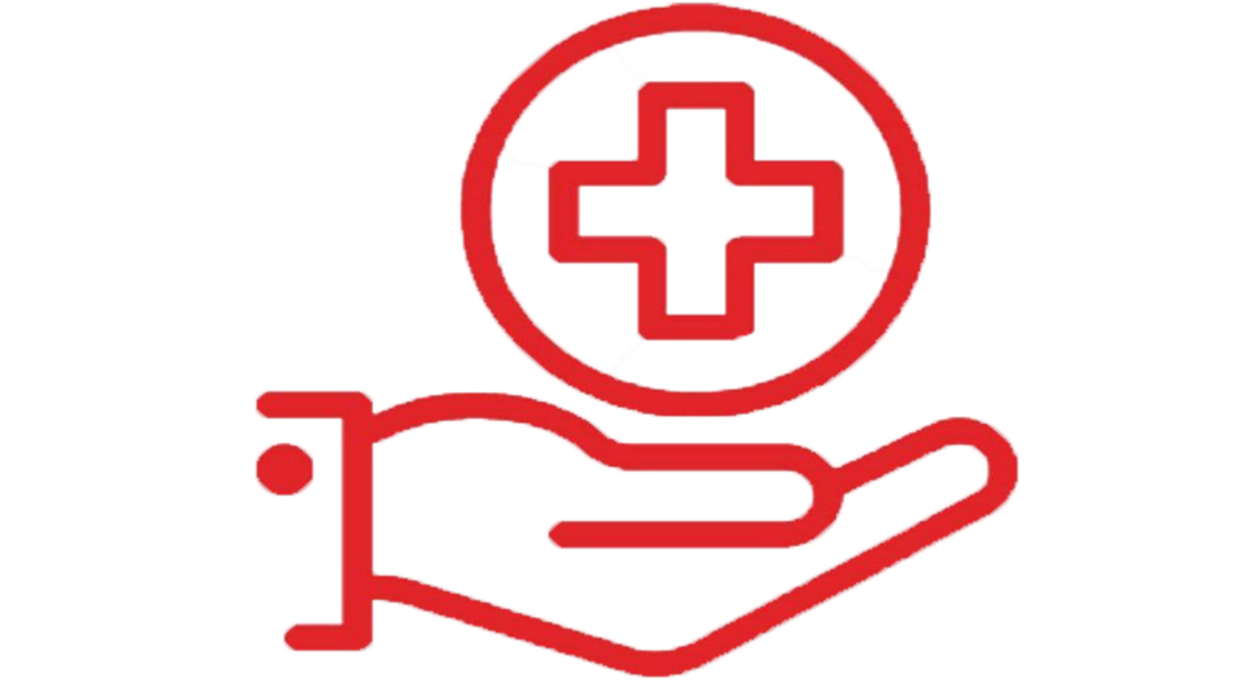
3 million
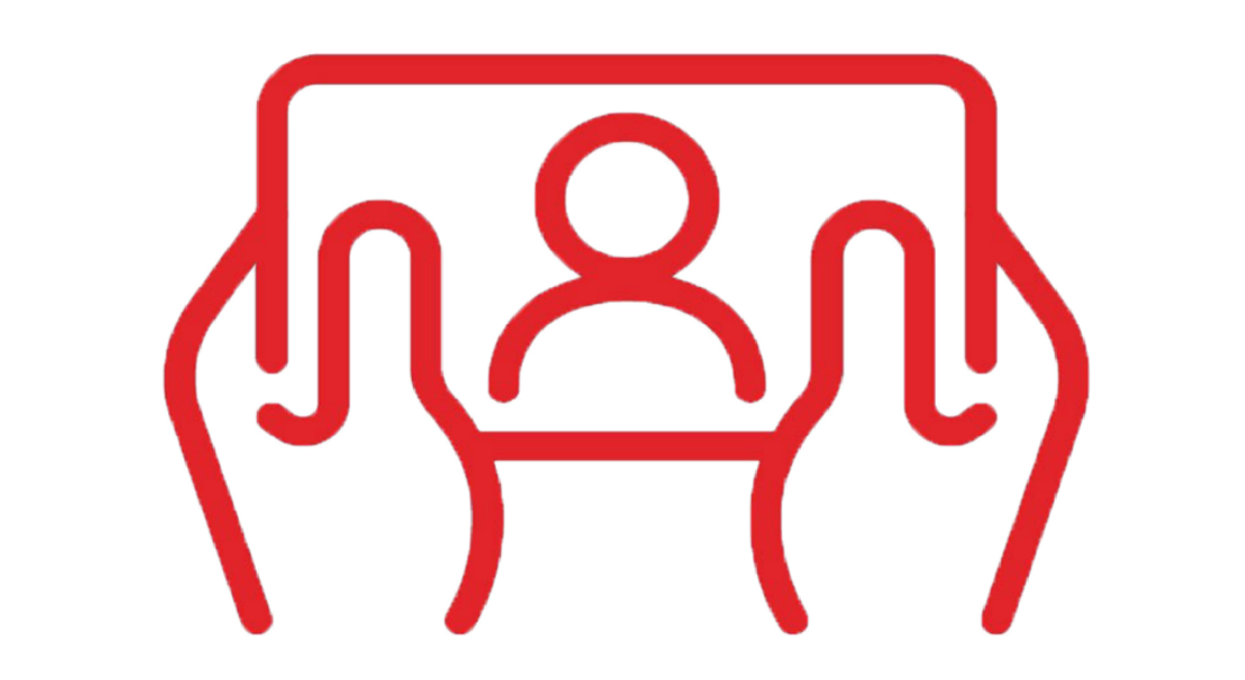
37,637
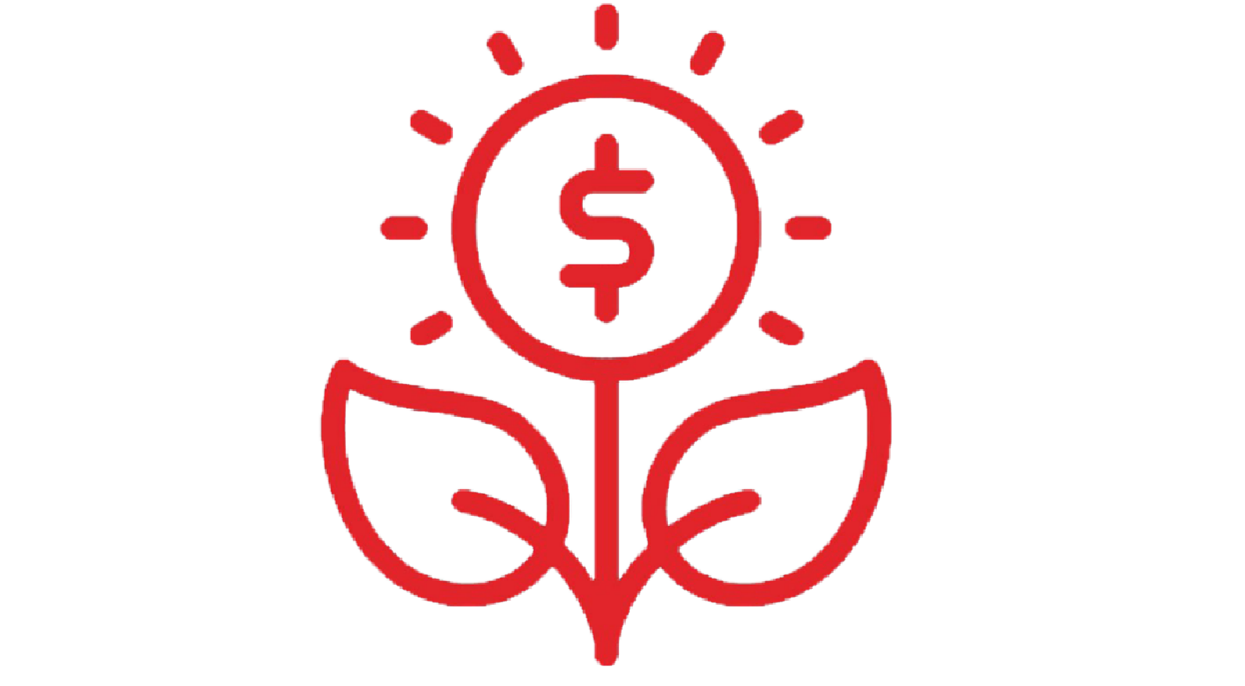
USD 32.3 million
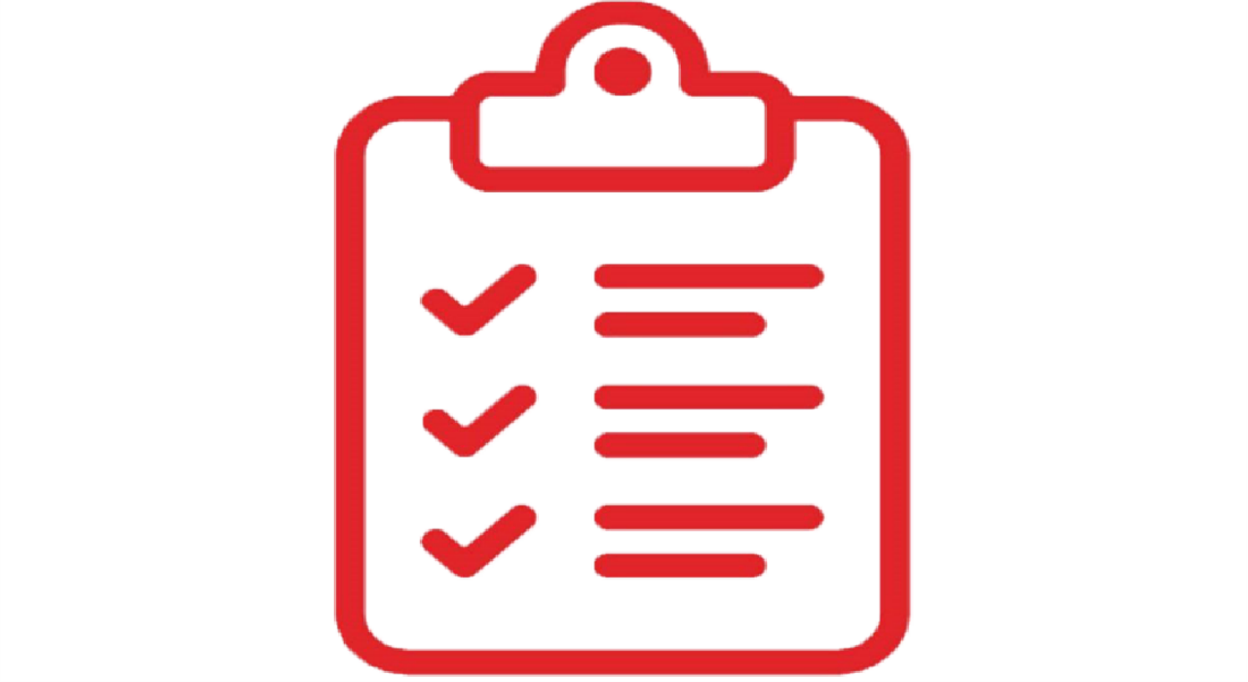
Activities scaled up
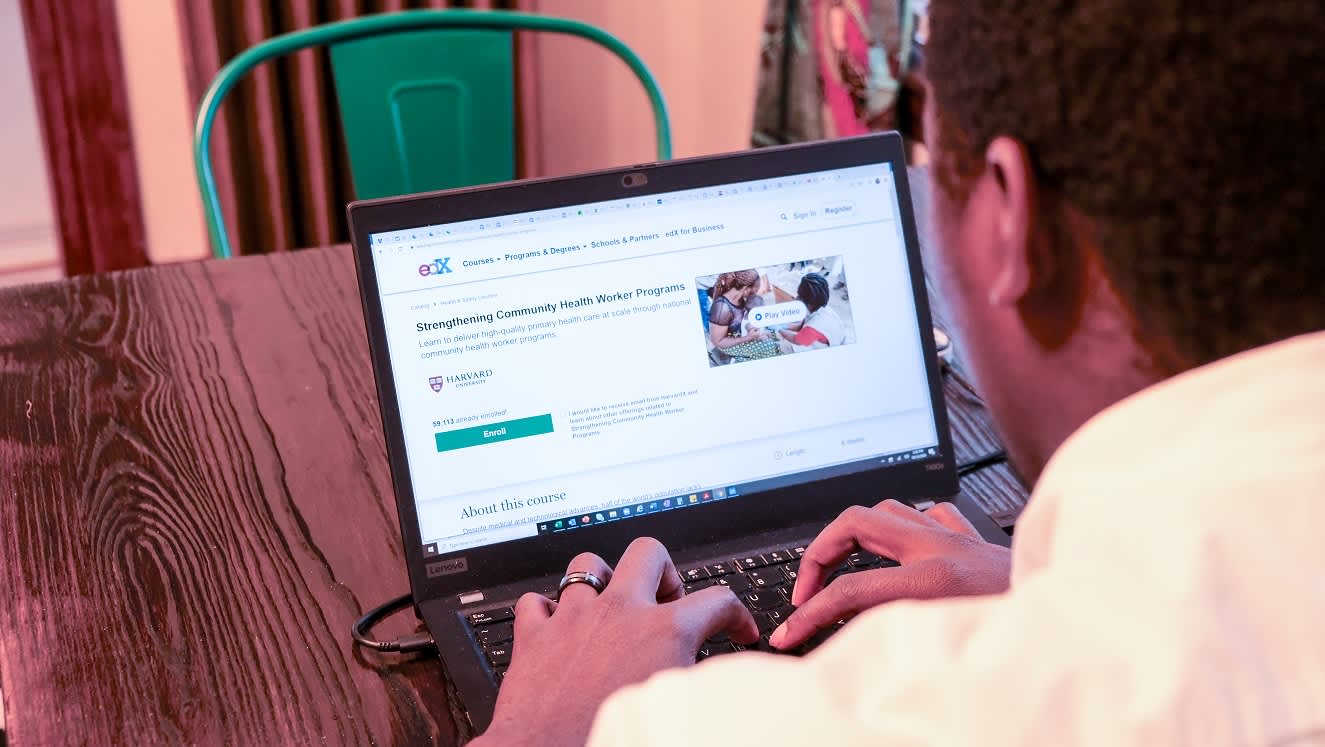
Community Health Academy
The Community Health Academy was launched by Last Mile Health in 2017 to train and build the capacity of local community health workers and health systems leaders, using digital tools.
With Takeda’s support, these tools have been integrated into Last Mile Health’s country programming to help deliver high-quality, community-based primary care.
Number of community health workers accessing digital content uploaded on a smartphone: Total: 5,455
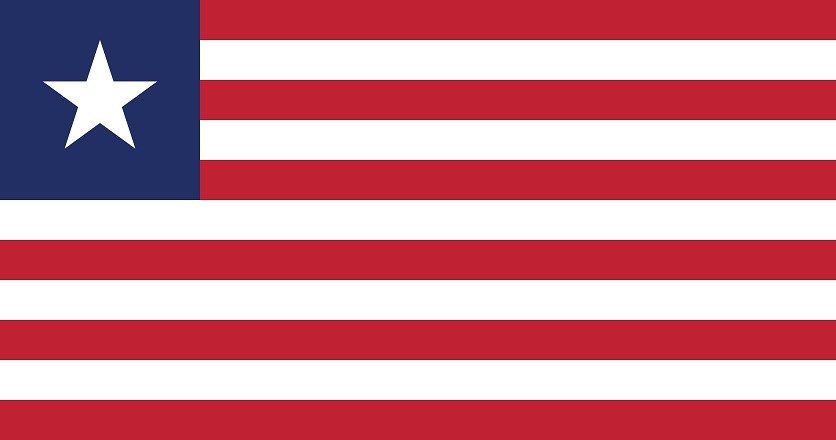
Liberia: 3,934
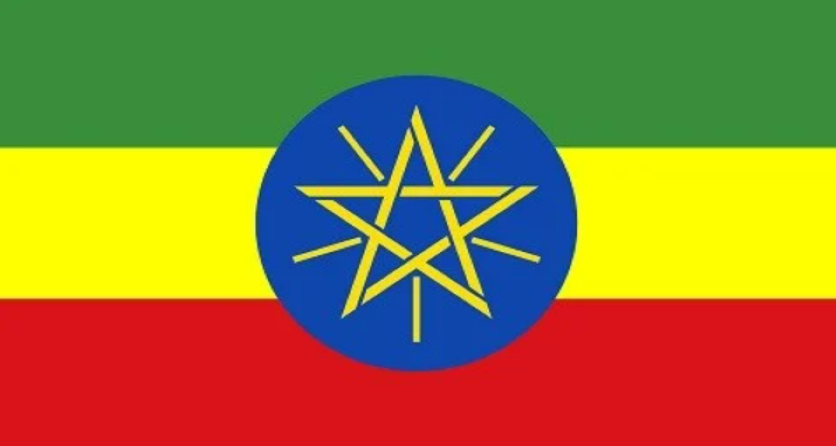
Ethiopia: 745
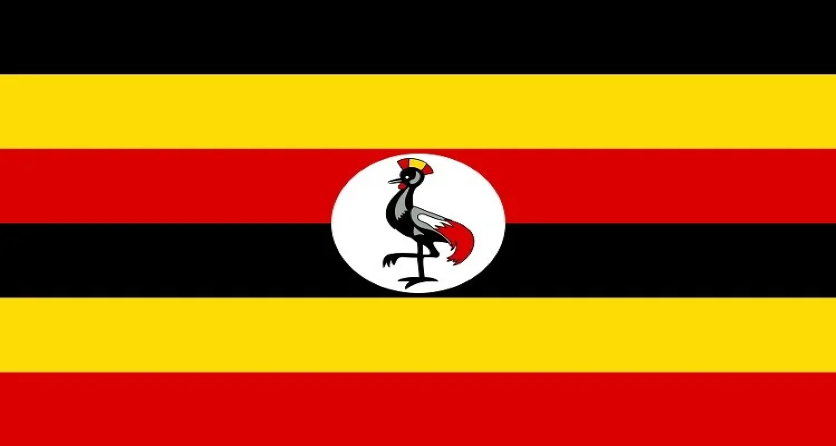
Uganda: 530
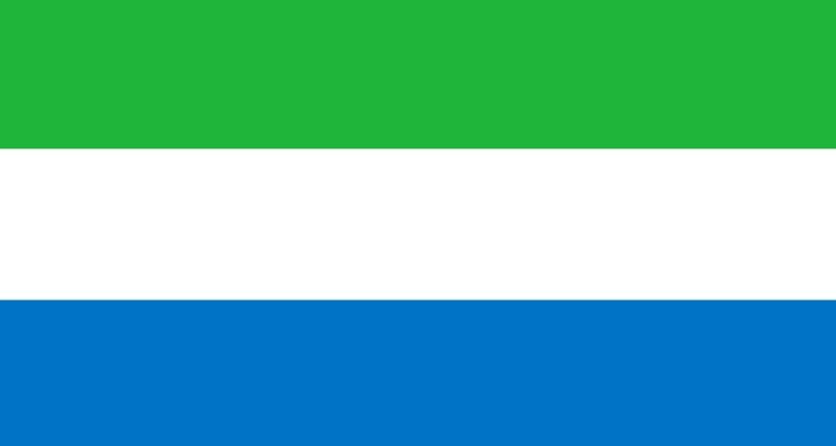
Sierra Leone: 246
Using digital tools from the Community Health Academy, health workers can quickly access up-to-date information and collect data needed to improve the quality of care. The Community Health Academy also provides courses on community health financing programs and national health system planning to strengthen the capacity of current health system leaders and help train the next generation.
Further resources available to health workers and health leaders include the COVID-19 Ethiopia app, which was created in partnership with the Ethiopia Federal Ministry of Health and the Ethiopian Public Health Institute. It’s the country’s first smartphone-based digital learning platform, designed to increase health workers’ ability to identify and treat patients with COVID-19. To date, content has been downloaded by over 7,200 health sector professionals, including 740 rural and remote health workers.
“By expanding access to these resources, the Community Health Academy – with catalytic support from Takeda – is empowering health leaders to build high-quality health systems that save lives.”
Last Mile Health
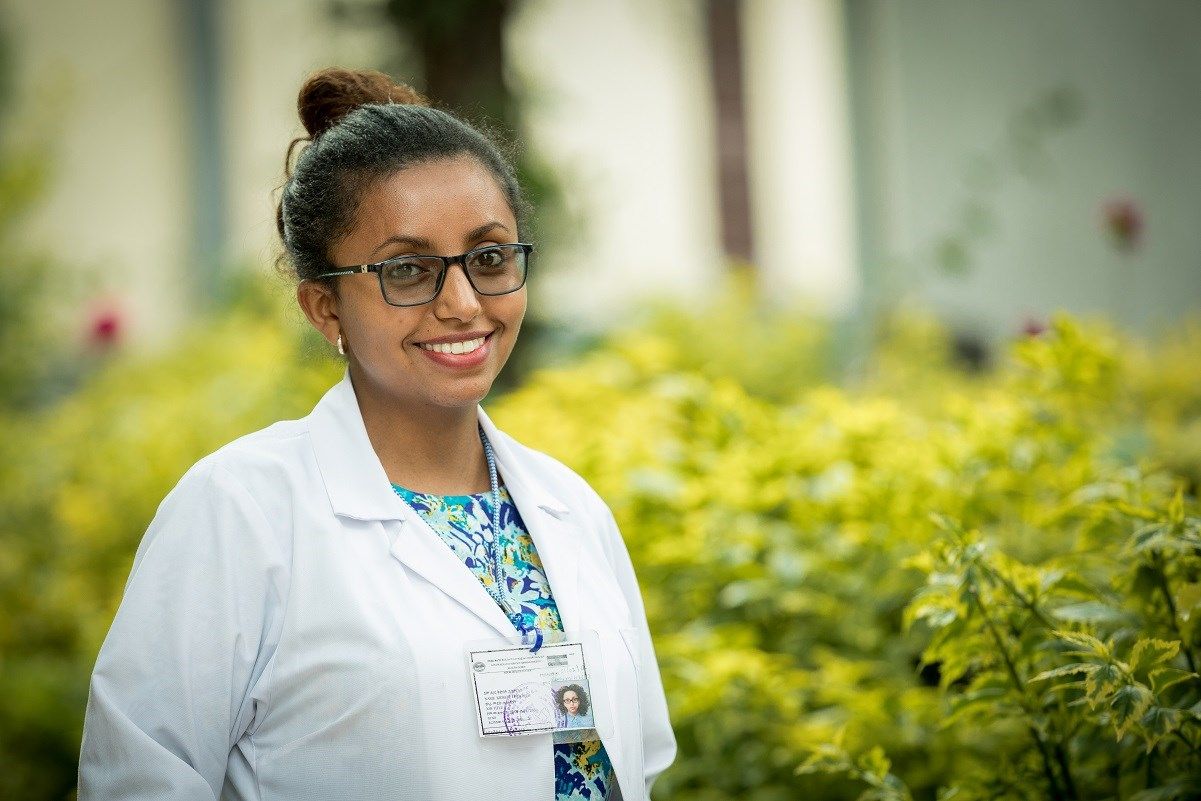
“The COVID-19 Ethiopia app is a very important tool to have as a nation. As it was prepared for the health professionals, it means we can use it when treating our patients. And since it is developed based on the guidelines, we’re not worried about missing something. It is also accessible. Once you download it, you can use it offline and refer to it whenever you want. Science can be forgotten, so it is good that people can refer to it any time they want. That is why I believe it is very useful for professionals. Especially for those working in treatment centers for those living in the rural areas – it is invaluable.”
Kidist Hailegiorgis, general practitioner, Ethiopia
Learn more about Takeda’s Global CSR Program.
Share this story

